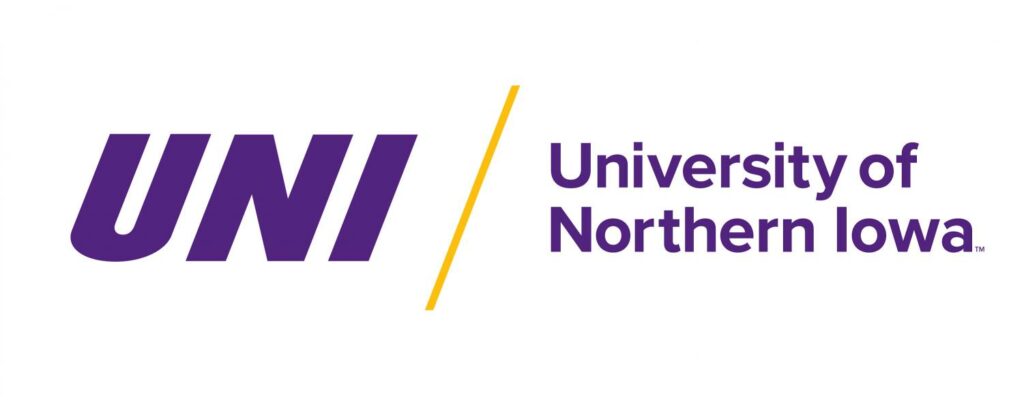Iowa’s economic growth slows in July as labor shortages and supply chain bottlenecks push confidence lower

BUSINESS RECORD STAFF Aug 2, 2021 | 7:59 pm
2 min read time
487 wordsAll Latest News, Economic DevelopmentIowa’s economy expanded at a slower rate in July with weaker performances in all categories contained in a monthly survey of supply chain managers released today.
According to Creighton University’s Mid American Business Conditions Index, Iowa’s index for July fell to 67.9, down from 69.6 in June, a second consecutive month that it declined.
The monthly survey is a mathematical average of new orders, production or sales, employment, inventories, and delivery lead times for each state in a nine-state region: Iowa, Arkansas, Kansas, Minnesota, Missouri, Nebraska, North Dakota, South Dakota and Oklahoma. The index ranges between zero and 100, with an index greater than 50 indicating an expanding economy over the next three to six months.
In Iowa, performance dropped in each of those components, but remained well into growth territory.
The index for new orders was 72.5, production or sales was at 65.2, delivery lead time was 79, the employment index was 60.9 and inventories was 61.9.
According to Ernie Goss, director of Creighton University’s Economic Forecasting Group and the Jack A. MacAllister Chair in Regional Economics, growth in hourly manufacturing wages in Iowa remained strong in the region.
“According to U.S. Bureau of Labor Statistics, average hourly wages for manufacturing production workers in Iowa rose 7.9% over the past 12 months. Among the nine Mid-America states, this growth ranked second,” said Goss.
For the overall region, the index dipped slightly to 73.1, down from 73.5 in June, hampered primarily by continued labor shortages and supply chain bottlenecks, Goss said.
“Creighton’s monthly survey results indicate the region is adding manufacturing business activity at a very healthy pace, and that regional growth will remain strong,” he said in the report. “Absent supply bottlenecks and labor shortages, that growth would be even stronger.”
Notable points to be made in the report are that while the wholesale inflation gauge surged to another record high, the confidence index fell to its lowest level in five months.
The region’s wholesale inflation gauge for the month rose to a record high 98.7 from June’s 98.4, the previous record high, the report showed.
“At the wholesale level, Creighton’s survey is tracking higher and higher inflationary pressures. Commodity prices are up approximately 19.5% over the last 12 months according to U.S. Bureau of Labor Statistics data,” Goss said. “Supply managers in Creighton’s June survey expect prices for their firm’s products to advance by 7.7% for the next 12 months.”
The Business Confidence Index for the region fell to 53.6 in July. That’s down from 60.8 in June and 88.6 in May, the report showed.
“Supply bottlenecks, rapidly rising prices and labor shortages pushed economic confidence among manufacturing supply managers significantly lower for the month,” Goss said.
A separate analysis by Wells Fargo Securities released today noted that the Institute of Supply Management Index for July was 59.5, the first sub-60 headline reading since January. The outcome was short of a consensus expectation for 61.0.










